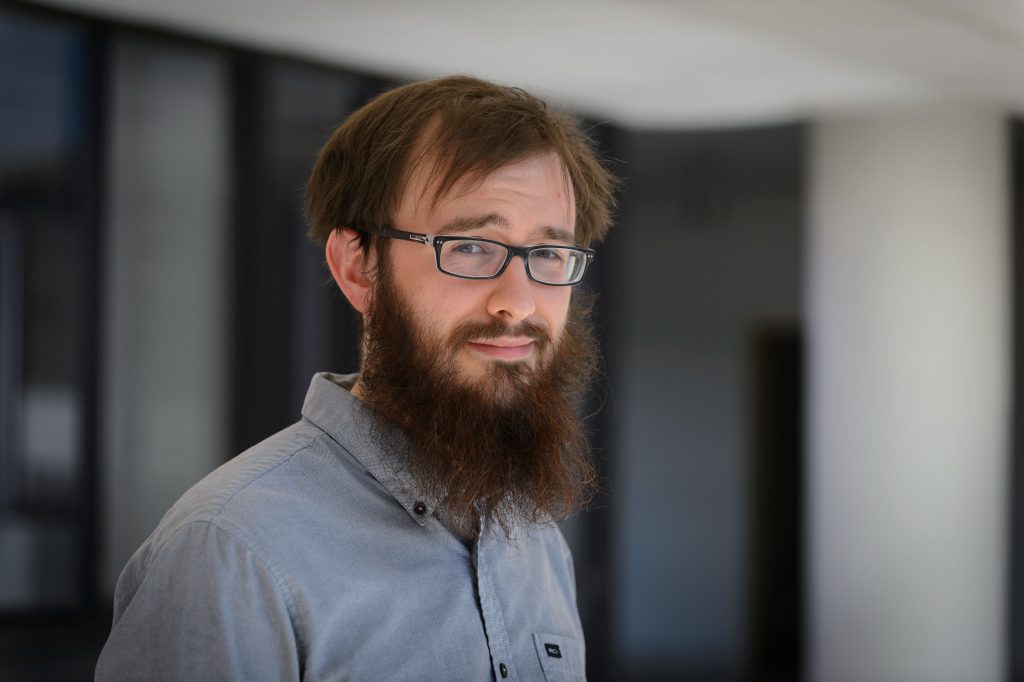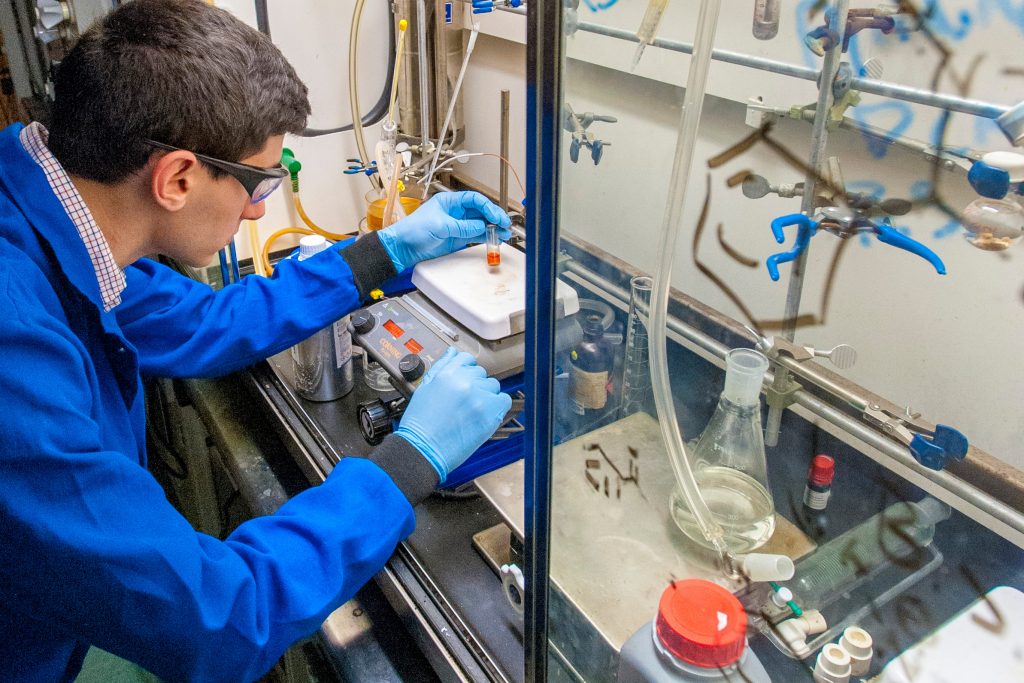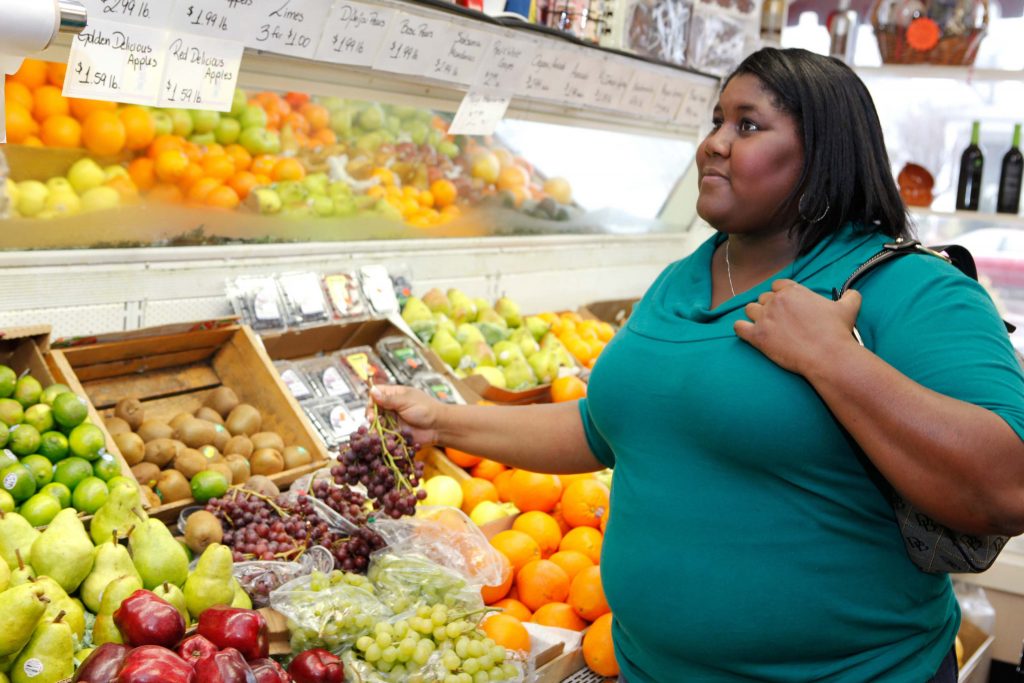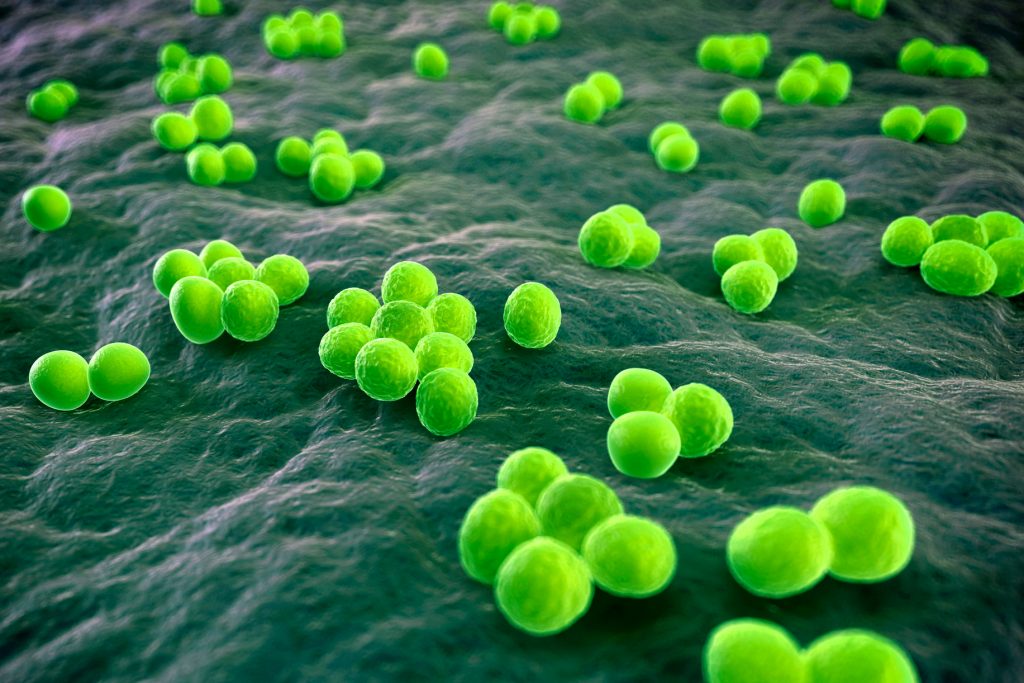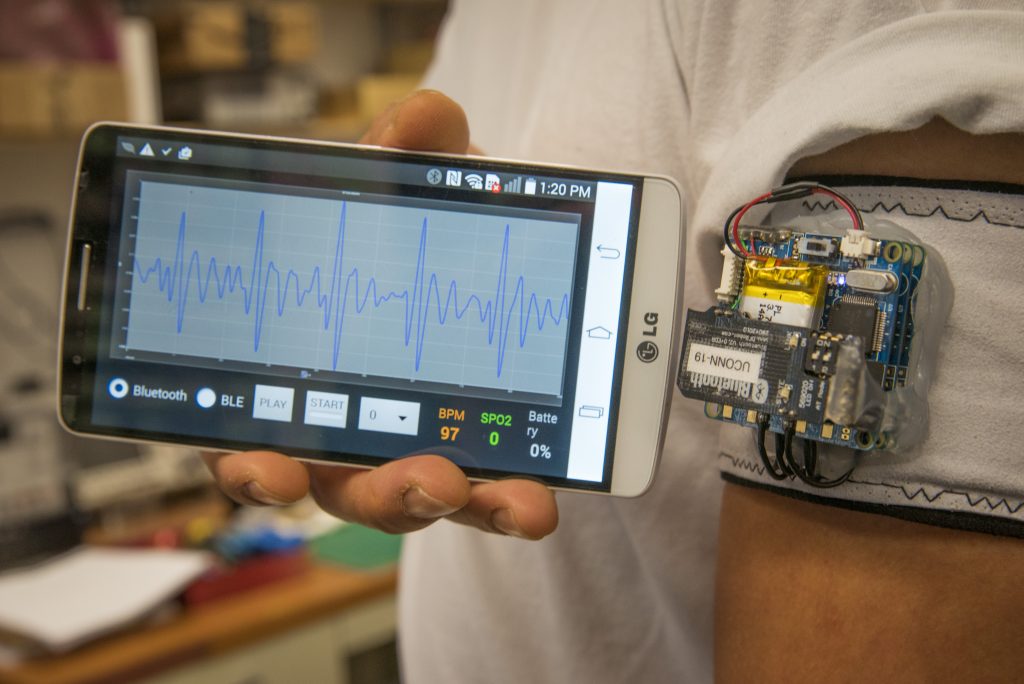Graduates
Lifting Spirits Doesn’t Require Many Reps
You will get the best "bang for your buck" with light- or moderate-intensity physical activity, according to a new UConn study.
May 11, 2017 | Colin Poitras
UConn Grad Student Headed to Brookhaven Lab
Daniel Hoying receives the U.S. Department of Energy’s Office of Science Graduate Student Research Award for his work in high energy physics.
April 17, 2017 | Colin Poitras
Ten Students, Alums Win NSF Graduate Research Fellowships
Past fellows include numerous Nobel Prize winners, U.S. Secretary of Energy Steven Chu; Google founder Sergey Brin; and Freakonomics co-author Steven Levitt.
April 10, 2017 | Kristen Cole
Weight-Based Stigma an Obstacle to Sustaining Weight Loss
A new study from the UConn Rudd Center suggests that internalized negative weight-based attitudes in particular undermine personal efforts to sustain weight loss.
March 7, 2017 | Daniel P. Jones, UConn Rudd Center
Story Series Keeps Finger on Pulse of Heart Health
During Heart Health Month, read about the many ways UConn is making a difference in the lives of people with heart disease and those at risk.
February 1, 2017 | Combined Reports
New Material Promises Benefits to Deep Space Travel
A UConn researcher has developed a new shape memory material that can help send unmanned probes to distant star systems.
January 9, 2017 | Josh Garvey
UConn Researchers Kill MRSA with Tailored Chemistry
UConn medicinal chemists have developed experimental antibiotics that kill the often deadly bacteria MRSA.
December 21, 2016 | Kim Krieger
Feeling the Heat: The Urban Response to Climate Change
A survey of low-income Hartford residents shows many are concerned about climate change and want to learn more about it to protect themselves and their families.
December 19, 2016 | Colin Poitras
New Monitor Can Detect Early Signs of Heart Disease
UConn biomedical engineering researchers are developing new heart monitors to improve early detection of an irregular heartbeat.
December 14, 2016 | Josh Garvey
Social Media Offers Venue for Crowds of Sports Fans
'Social networking is a valid way for fans to further identify with their favorite sports teams.'
December 12, 2016 | Kenneth Best

